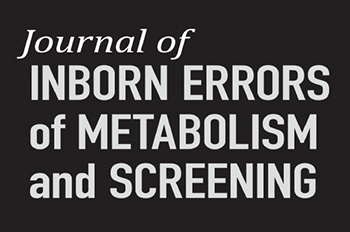Abstract
The familial chylomicronemia syndrome (FCS) is characterized by very high levels of circulating triglycerides. FCS is caused by lipoprotein lipase (LPL) deficiency resulting from homozygous or biallelic loss-of-function variants in the LPL or other related genes. Here, we report a case of severe hypertriglyceridemia refractory to conventional therapy in a male patient diagnosed at 33 years of age. LPL activity was below 20%. During the clinical course, the patient developed severe acute pancreatitis in addition to other complications. Two heterozygous variants (c.984G>A and c.1139+6T>C) which had not been previously reported in the major databases were identified in the LPL gene. Treatment with volanesorsen was proposed based on its approved indication as an adjunct to diet in adult patients with confirmed FCS and at high risk for pancreatitis. Volanesorsen was effective and well-tolerated, and the patient did not experience abdominal pain or any other manifestations. The assessment of genetic characterization is essential to guide treatment decisions during follow-up, in addition to the patient’s history, their comorbidities and clinical stigmas.
Keywords:
Familial chylomicronemia syndrome; hypertriglyceridemia; volanesorsen

 Thumbnail
Thumbnail
 Thumbnail
Thumbnail
 (*) The transient increase was associated with the brief discontinuation of treatment due to elevated transaminases
(*) The transient increase was associated with the brief discontinuation of treatment due to elevated transaminases
